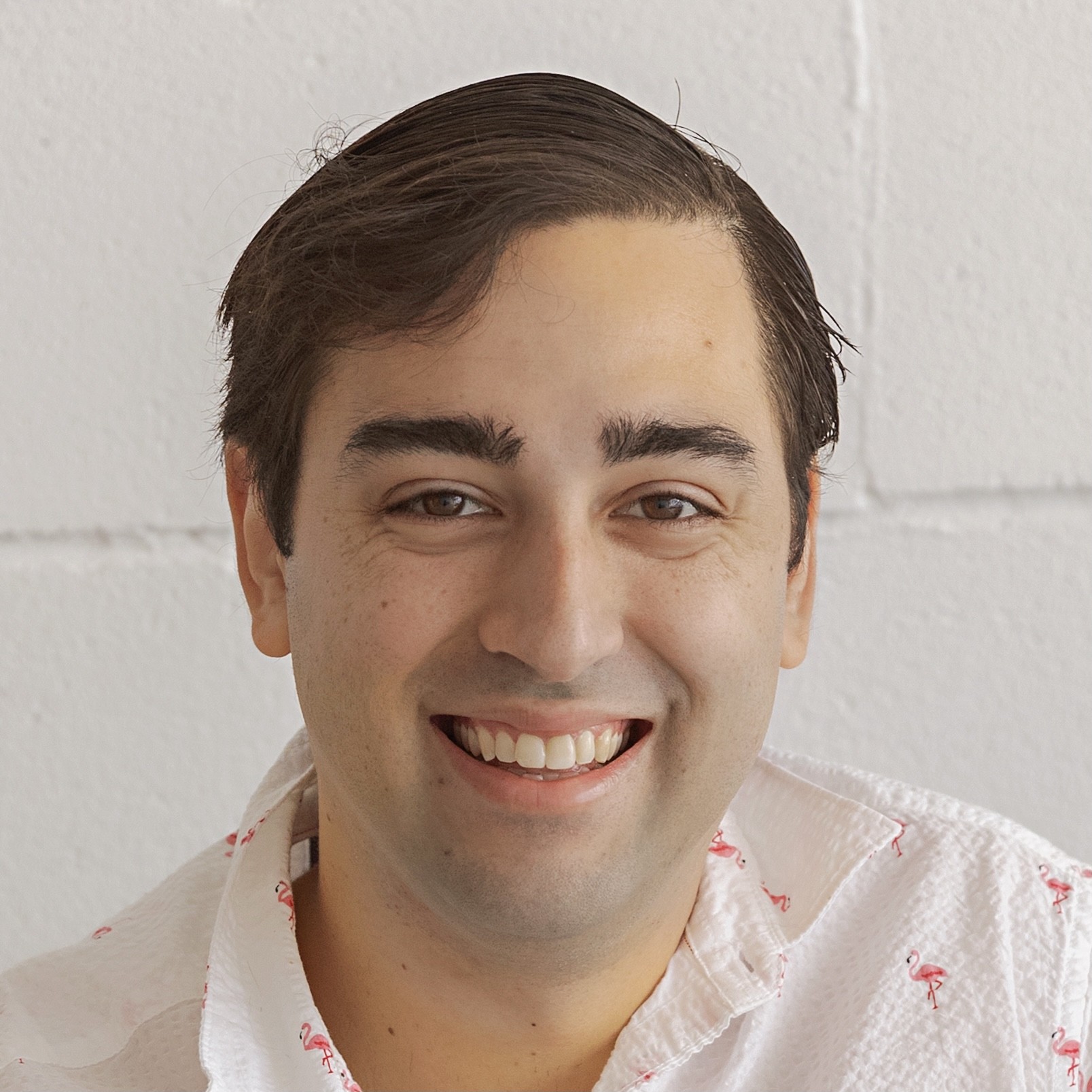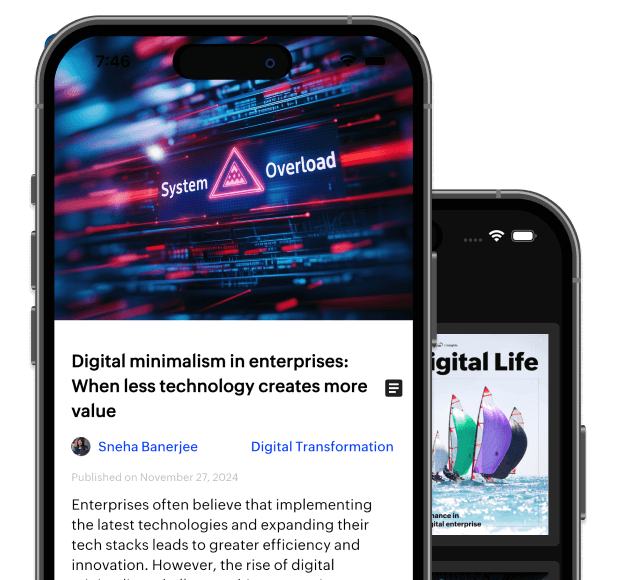In this episode of ManageEngine Insights podcast, we’ll explore the privacy implications personal data collection, as well as the economic influences on the past, present, and future of this practice. This episode is a conversation that features Joe Toscano, a user experience designer, with an interest in data rights, data protection, privacy in tech, and ethical innovation of AI. Joe is the CEO and co-founder of BEACON, a public speaker, the author of “Automating Humanity,” and was featured as an interviewee in “The Social Dilemma.”
Background:
For years there’s been a growing concern about the amount of personal data being collected online. Digital trackers are ubiquitous on the internet, following users through their browsing habits to collect behavioral data. This data is often used to make online media and e-commerce more enticing, drawing in more users and allowing more data to be collected. Some of the largest collectors of personal data are social media like Facebook and TikTok, which are able to use their vast collections personal data to constantly make fine-tuned adjustments to their interfaces and algorithms in an effort to consume the attention of their users.
Agenda
- Defining the “attention economy”
- Exploring the privacy implications personal data collection
- Understanding the economic influences of data collection
- Shifting industry practices to move beyond advertising-only
- Decentralizing Big Data tech and supporting rural communities











